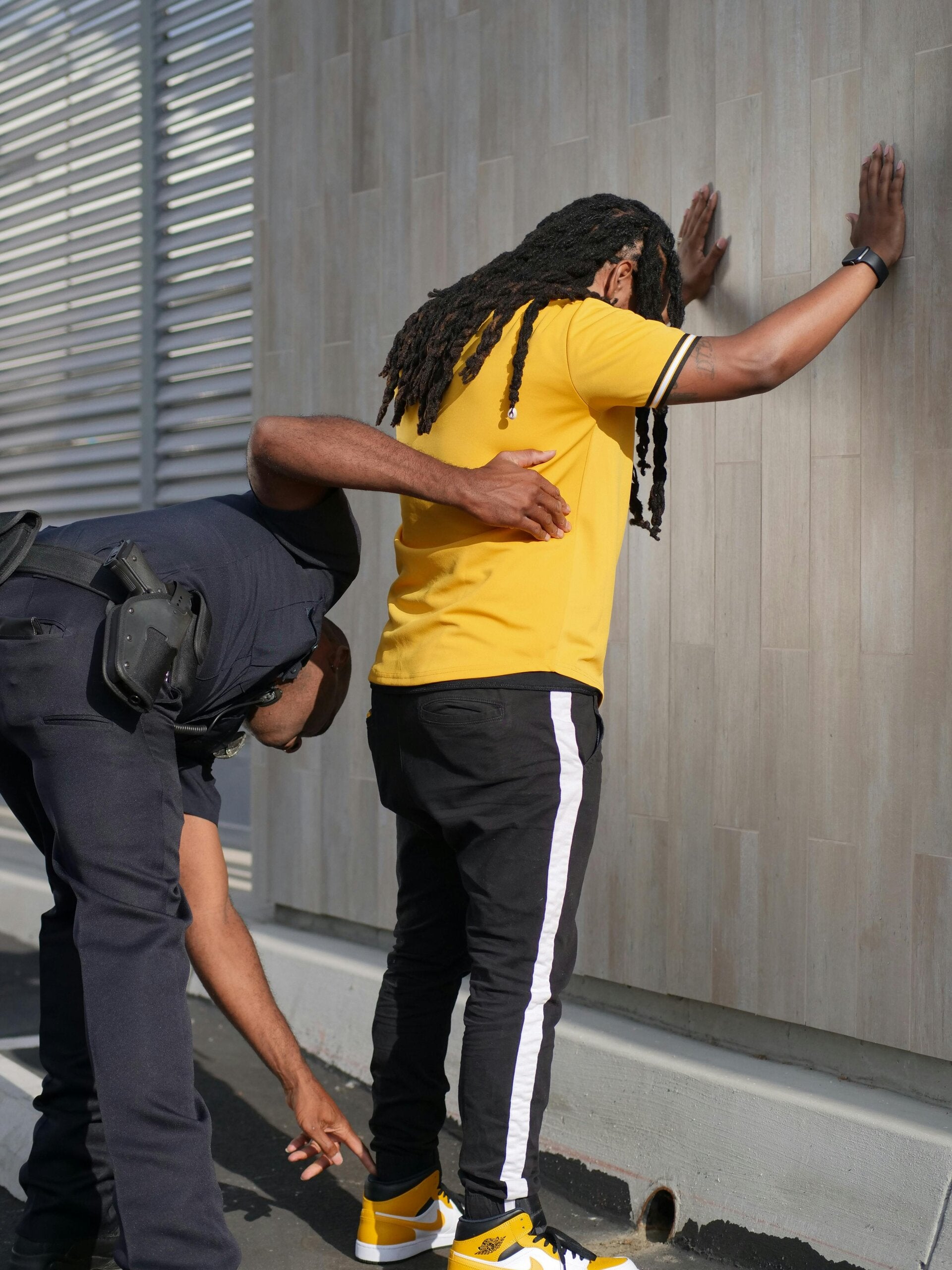Blog and Information
Reminder that this is not providing you ANY Legal Advise but only to help you guide to the right direction or any new Amendments to the Law, Statutes, Regulations and Public Interest.


You may have heard of a Peace Bond, But Do Not Understand what that is
Peace Bonds are typically issued in circumstances involving charges within a domestic context, as outlined under section 810 of the Criminal Code of Canada. But what does this entail? Let us begin by examining Section 810 in detail.
Section 810 (1) states that an information may be laid before a justice by or on behalf of any individual who has reasonable grounds to fear that another individual:
- (a) may cause personal injury to them, their intimate partner, or their child, or may damage their property; or
- (b) may commit an offence under section 162.1.
In such cases, an individual may obtain a Peace Bond against the defendant through the Court. The Court is authorized to impose specific conditions aimed at mitigating the risk of harm to the individual, their spouse or common-law partner, their child, or their property.
Following the issuance of a Peace Bond by the Court, what conditions might the defendant be required to adhere to in order to comply with its terms?
The defendant may consent to or be ordered by the Court to comply with the following conditions:
- Maintain peace and demonstrate good behaviour;
- Refrain from contacting the individual, their spouse, or their child;
- Avoid visiting the individual, their spouse, or their child;
- Abstain from making phone calls to the individual;
- Refrain from sending written correspondence, including letters or text messages;
- Abstain from consuming non-prescription drugs or alcohol, and agree to provide bodily samples as required to ensure compliance;
- Surrender possession of weapons and refrain from acquiring them;
- Pay, or pledge to pay, a refundable surety (cash bond) to the Court, which may be forfeited in the event of non-compliance with any conditions of the Peace Bond; or
- Comply with any additional conditions the Court deems necessary to prevent harm.

Steps to take when Arrested
The police will place you under arrest and provide an explanation for the reasons and specific charges associated with your detention.
Upon being taken to the police station, your constitutional rights, as outlined under Section 10(b), will be formally presented to you.
You will be asked if you wish to consult with legal counsel. If you are unable to afford a lawyer, you will be provided with access to Legal Aid services. The toll-free Legal Aid contact number is 1-866-845-3425, as per Section 11(b) of the Constitution.
Following the arrest, you will be brought before a Justice of the Peace for a bail hearing.
At the bail hearing, it becomes your responsibility as the detained individual to satisfy the Justice of the Peace on the following points:
1. That you will ensure your presence at all required court appearances;
2. That you will uphold public safety and protection;
3. That granting bail will not undermine public confidence in the administration of justice.
If bail is denied, you have the right to file an appeal before a sitting judge for a bail review. If bail is granted, you are required to attend your first court appearance. At this stage, the formal charges brought against you by the Crown will be read.
During your initial court appearance, you must enter a plea to the charges (either guilty or not guilty). Additionally, the Crown Prosecutor will elect the classification of the charges as either Indictable or Summary offences. For hybrid offences, the Crown may request an adjournment to properly assess the evidence and determine the appropriate classification.
Your court appearance will then be adjourned to a later date to allow you sufficient time to retain legal counsel and to obtain the Crown’s disclosure of evidence.
During subsequent proceedings, negotiations between the defense and the Crown will take place. At this stage, efforts will be made to either have the charges reduced or withdrawn entirely. If negotiations are unsuccessful, the matter will proceed to trial.
In the event of a trial, the specific process will depend on the nature of the charges. Some cases may necessitate a pre-trial conference, while others may proceed directly to trial. As the defendant, you have the choice of being tried before a judge alone or before a judge and jury.
Should the matter proceed to trial, there are three possible outcomes:
1. Guilty: You are found guilty by either the judge or the jury, and a sentencing date will be scheduled.
2. Not Guilty: You are acquitted of the charges. In such cases, the court cannot retry you for the same offence, as the Crown has failed to establish guilt beyond a reasonable doubt.
3. Mistrial (Hung Jury): A mistrial occurs when the jury cannot reach a unanimous decision. In such instances, the Crown may choose to retry the case.
For further details, please refer to the official website: albertacourts.ca/pc/areas-of-law/criminal/charged-with-a-crime
Triple A Legal Services
(825)436-2304
contact@triplealegalservices.ca
Opening Hours
Mon - Fri: 9am - 5pm
Saturday: 1pm - 5pm
Sunday: Closed

